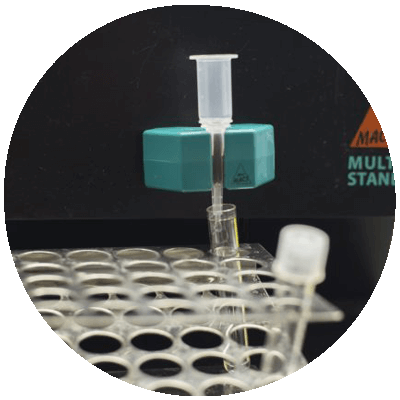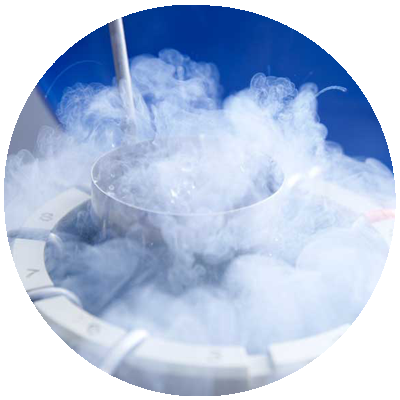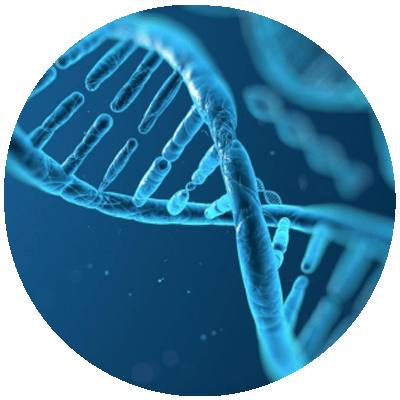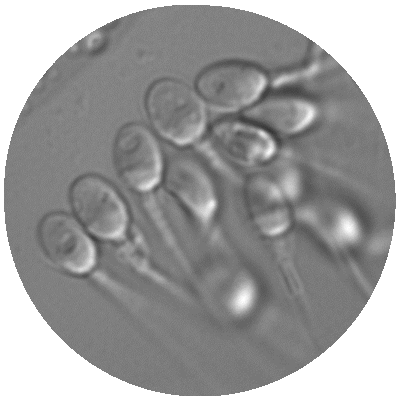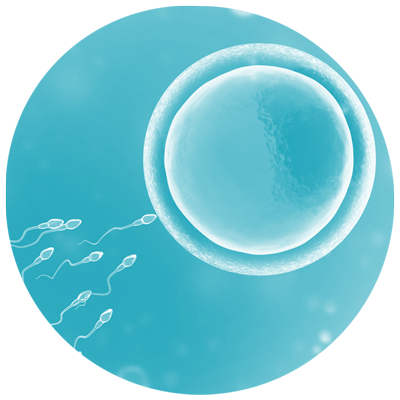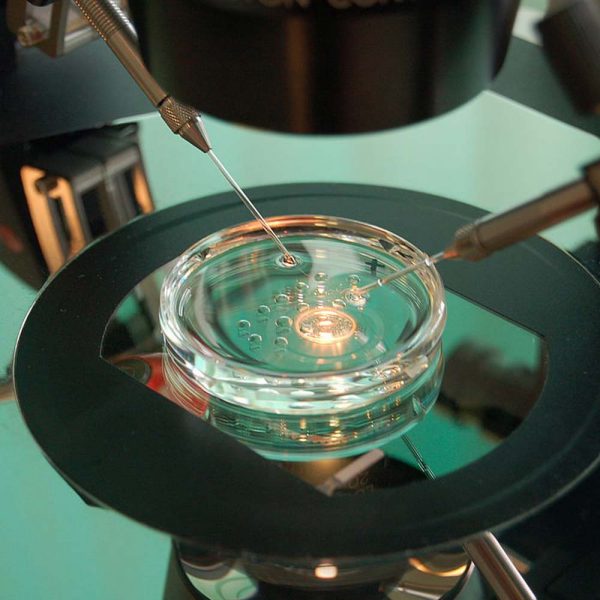
IVF/ICSI
The difference between IVF and ICSI is how the sperm fertilizes the egg. In IVF process, the egg and sperm are left in a laboratory dish to fertilize on their own. In ICSI process, the selected sperm is directly injected into the egg under the microscope.
ICSI give in satisfactory fertilization results and reduce problems with abnormal fertilization caused by eggs and sperm. There are the fertilization by multiple sperm and the inability of the sperm to penetrate the eggs and fertilize, etc.
The IVF/ICSI process
First step, ultrasound scan and hormonal blood test are performed in day 1-3 of your period. Then. The female has received ovarian stimulation about 8-10 days to acquire multiple good quality eggs, doctors will collect eggs. The eggs will be transferred to a culture media and kept in an incubator. After waiting the eggs to mature for the right amount of time, the embryologist will inject the sperm to the egg directly. Fertilization will be checked 16-18 hours later. And embryos will be developed in the incubator until the blastocyst stage (day 5-6)
Embryo Transfer procedure
Embryos may be transferred anytime between day 3 through day 5 after the retrieval of the eggs depending on individuals’ condition. Embryos can be either “fresh” from fertilized egg cells of the same menstrual cycle, or “frozen”, that is they have been generated in a preceding cycle and undergone embryo cryopreservation, and are thawed just prior to the transfer, which is then termed “frozen embryo transfer” (FET).
The success rate of IVF/ICSI
In general IVF/ICSI success rate 40-60%. It’s depend on many factors :
- The female age
- The quality of egg and sperm
- The quality of embryo and embryo abnormality
- Endometrial thickness on the date of embryo transfer
- The abnormality of uterus and endometrium
Recommended for
- Women with blocked or damaged fallopian tubes
- Women with ovulation disorders (PCOS)
- Women with endometriosis/Adenomyosis
- Individuals with a genetic disorder
- Male factor infertility including decreased sperm count or sperm motility
- Unexplained infertility.
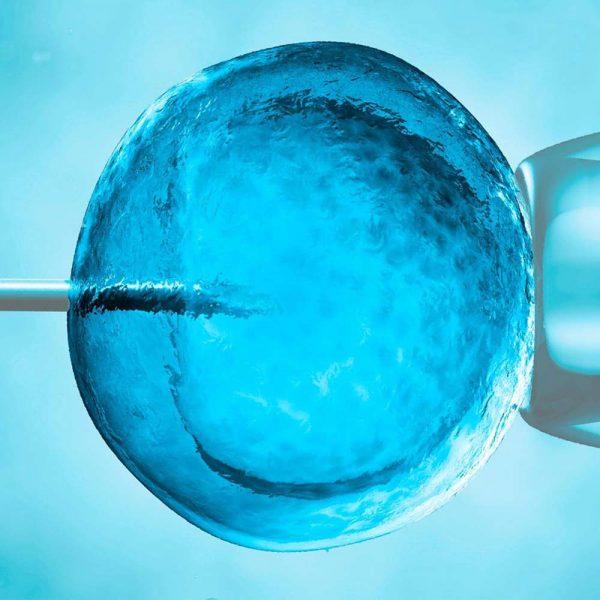
ICSI
What is ICSI?
Intracytoplasmic sperm injection (ICSI) is a specialised form of In Vitro Fertilisation (IVF) that is used primarily for the treatment of severe cases of male-factor infertility ,ICSI is procedure in which a single sperm cell is injected directly into the cytoplasm of an egg.
Why we need icsi?
ICSI helps to overcome fertility problems, such as:
1.The male partner produces too few sperm (severe oligospermia)to do artificial insemination (intrauterine insemination ,IUI]) or IVF.
2.The sperm may not move in a normal fashion. Poor sperm movement such as asthenospermia
3.The sperm may have trouble attaching to the egg.
4.The sperm may have teratospermia.
5.In cases need to collect sperm from SSR (Surgical sperm retrieved)
6.In cases female has frozen eggs.
7.Spouses who want to PGT (Preimplantation Genetic testing)
How icsi help with success rate?
1.Fertilization rates for ICSI: Most IVF programs see that about 70-85% of eggs injected using ICSI become fertilized.
2.Improve pregnancy rate, especially in women over age 35 years.
3.In the case of ICSI and mixed fusion, multiple embryos were obtained. The remaining embryos can be stored for the next time. Without having to come back to start the procedure to stimulate the eggs to collect new eggs If the patient is ready to have the next child when it can come back and do it continuously.
4.It is the infertility treatment that has the highest chance of getting started compared to other treatment methods.


